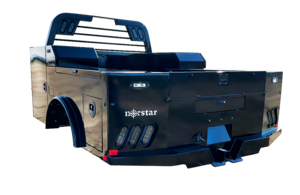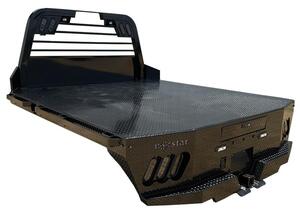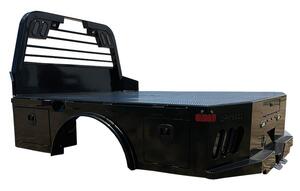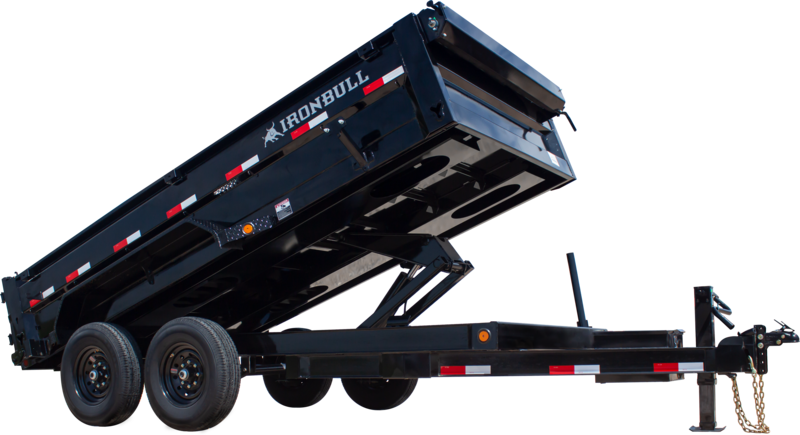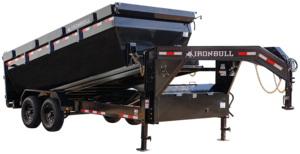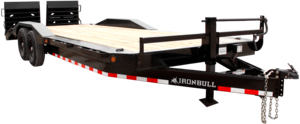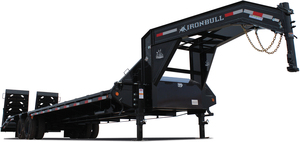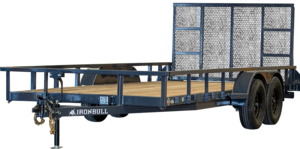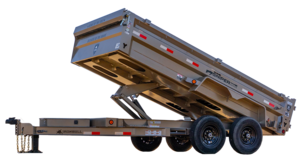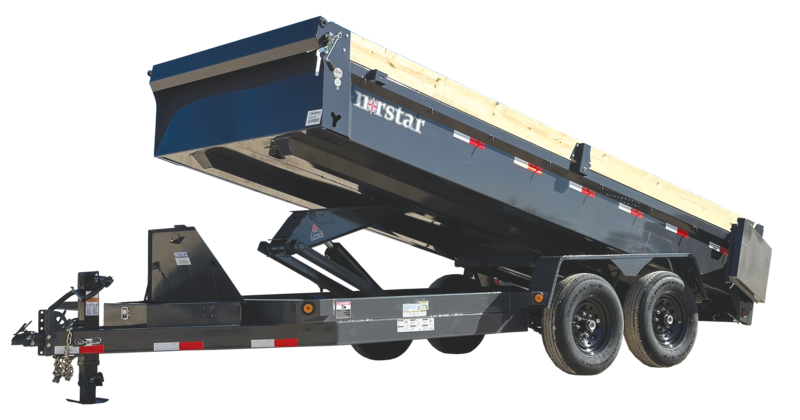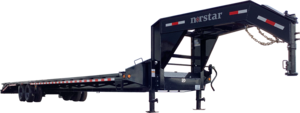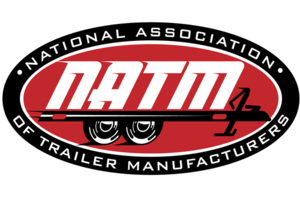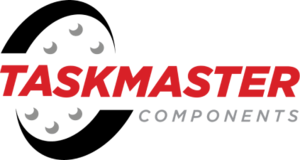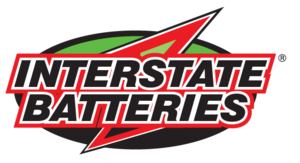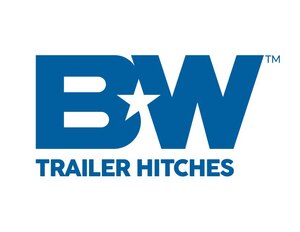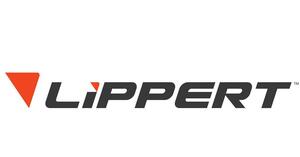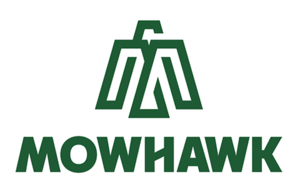A Comprehensive Guide to Proper Towing Techniques and Equipment

Learning proper towing techniques is critical for both the safety of the driver and the condition of the towed vehicle or trailer.
Understanding these techniques prevents accidents, minimizes damage, and maximizes efficiency.
Gaining knowledge about the necessary skills, such as correct rigging, weight distribution, and driving adjustments can enhance your capability to handle various towing situations.
Choosing the Right Towing Equipment

When it comes to what do you need to tow a trailer, the right equipment is as essential as the techniques. For a safe and effective towing, it's necessary to understand the capability of your equipment, and scenario-specific choices such as towing hitch types, safety chains, and more.
Towing Capacity
Towing capacity is the maximum weight that your vehicle can tow. It's determined by the vehicle manufacturer and must be strictly adhered to avoid damage to your vehicle or a catastrophic failure on the road.
This weight includes the trailer and its cargo, so careful calculation is needed when loading a trailer for towing.
Hitch Type
The hitch type you need depends on the weight of the load and the vehicle's towing capacity. The five main hitch types are Class I (for lighter loads), Class II, Class III, Class IV and Class V (for heavier loads).
Each has a different towing capacity and is suitable for different types of vehicles and trailers.
Hitch Size and Load Ratings
Hitch size and load ratings are related to the type of hitch that you have installed.
The hitch size should be compatible with the trailer's hitch receiver for a secure fit. Load rating, on the other hand, defines the maximum weight that can be safely towed and shouldn't be exceeded.
Towing Accessories

Beyond the primary tools like hitches and receivers, there are also key accessories required to ensure a safe towing experience. Accessories can include tow bars, safety chains, receiver locks, and brake controllers, each contributing to a safer, more efficient towing operation.
Hitching Your Trailer Correctly

Before you even start your journey, it's essential that your trailer is correctly and safely hitched to your vehicle. Here are step-by-step instructions as well as pre and post-hitching safety checks.
Align the Trailer: Back your vehicle slowly and align the hitch directly over the trailer coupler.
Lower the Trailer: Once aligned, lower the trailer onto the hitch using the jack or handwheel.
Secure the Connection: Lock the coupler latch and place a pin or lock into the hole to ensure it stays secured.
Check the Chain: Cross the safety chains under the hitch and attach them to your vehicle. This acts as a backup measure in case the primary coupling fails.
Attach the Breakaway Cable: Hook up the breakaway cable In case of any accidental separation, this will activate the trailer's brakes.
Connect Lights and Signals: Finally, connect the trailer lights and signals to your vehicle.
Safety Checks
Here are some things to check on before and after hitching on how do you tow a trailer:
Pre-Hitching:
Inspect the hitch system, coupler, and safety chains for any signs of wear, damage, or rust.
Check that tires are properly inflated and lug nuts are tightened.
Check your trailer lights and signals are working correctly.
Post-Hitching:
Conduct a final walk-around check making sure all connections (hitch, safety chains, breakaway cable, lights, and signals) are properly connected and secured.
Verify your trailer's brakes are working.
Test your trailer sway control system if equipped.
How to Determine Your Vehicle's Towing Limits
Knowing your vehicle's towing limit is critical to avoid dangerous situations or potential damage to your vehicle. Here's how to find it:
Check the Owner's Manual: Usually, the most accurate information about your vehicle's towing limit will be in the owner's manual.
Look for a Sticker: Some vehicles have a sticker placed on the driver's side door jamb that indicates the maximum towing capacity.
Online Search: If you don't have access to the manual or there's no sticker, look up your specific make and model online to get the towing limit details.
Vehicle Maintenance and Preparation for Towing
Knowing your vehicle is well-maintained and properly prepared for towing can make the journey safer and smoother. Here are some key aspects to consider:
Engine: Check that your engine is in good condition, inspect for any leaks, and change your oil if necessary.
Transmission: Check the transmission fluid levels. Towing can put extra strain on the transmission.
Brakes: Make sure your brakes are in good shape. They will be working harder when you're towing a trailer.
Cooling System: The cooling system should be functioning optimally, as your engine may heat up more than usual due to the additional strain.
Tires: Check your vehicle's tire pressures. Underinflated or overinflated tires can affect handling and fuel efficiency when towing.
Driving Techniques for Towing a Trailer
Towing a trailer is substantially different from regular driving. It requires enhanced attention to acceleration, turning, braking, and space management. Here are some techniques that will help you have a safer towing experience:
Increase your following distance: It takes longer to stop when towing. Ensure there’s ample space between you and the vehicle ahead.
Avoid sudden maneuvers: Sudden turns, starts, or stops can cause the trailer to sway or jackknife. Smooth and gradual movements are key.
Use lower gears on declines: Utilize lower gears to aid in controlling speed when descending hills. This practice helps reduce brake wear and maintain control.
Check mirrors often: Be aware of the trailer's position at all times. Frequent mirror checks help you make safer lane changes and turns.
Wide turns at curves and corners: Since the trailer will follow a tighter path than your vehicle, make wider turns at intersections and curves to avoid clipping curbs or other objects.
Handling Common Problems and Troubleshooting
Even with careful preparation, issues can arise. Knowing how to handle them can prevent accidents and breakdowns.
Dealing with Sway
Trailer sway is a common problem that can be intensified by high winds, high speeds, or sudden movements. If you experience sway:
Don’t panic and avoid sudden braking. Gently decelerate instead.
Apply only the trailer brakes manually if possible, to help bring the sway under control.
Check your load distribution. Too much weight at the rear can cause sway, so check if your load is balanced and secured.
Unhooking Unexpectedly
If the trailer comes unhooked while driving:
Slow down immediately but gently. Panic braking can worsen the situation.
Guide your vehicle and trailer to a safe stop and place as much as possible.
Brake Failure
If you notice diminished response from the trailer brakes:
Use engine braking and downshift if possible. This helps slow the vehicle without relying solely on the vehicle's brakes.
Gently apply your vehicle's brakes. Avoid sudden moves that could lead to loss of control or jackknifing.
Anticipating and Responding to Common Issues
Pre-trip checks are vital. Regular inspection of the trailer and tow vehicle can prevent many issues.
Practice makes perfect. Consider practicing in an empty lot to get a feel for towing and handling emergencies.
Stay calm. Keeping a cool head makes it easier to solve problems effectively.
Enhancing Your Trailer Towing Journey
Towing a trailer doesn’t need to be a daunting task. With the right preparation, knowledge, and skills, you can tow safely and confidently. Remember that the key to a stress-free towing experience lies in proper vehicle and trailer maintenance, understanding and adhering to towing capacities, and mastering safe towing techniques on the road.
Norstar Trailers has several locations and each location is committed to providing high-quality trailers and services, ensuring you have the right equipment for safe and effective towing. Whether you're picking up a new trailer or seeking advice, Norstar's experienced team is there to support you every step of the way.




